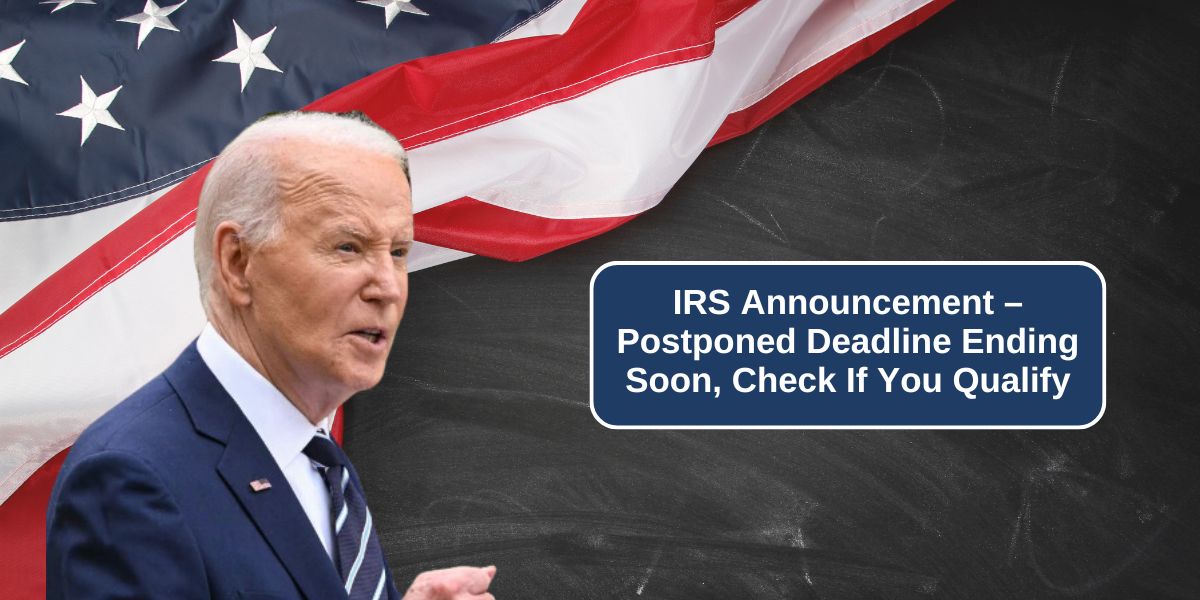Navigating tax deadlines can be challenging, particularly after significant events like the 2023 wildfires in Hawaii. To provide relief, the Internal Revenue Service (IRS) has announced extended tax relief for those affected by these disasters. This initiative offers crucial support for individuals and businesses dealing with the aftermath. Here’s a comprehensive overview of the key details and available resources to help you manage your tax obligations during this time.
Table of Contents
Extended Deadlines
The IRS has extended key tax deadlines for Hawaiian residents and businesses impacted by the wildfires as of August 8, 2023. The new deadline for submitting tax returns and making payments is August 7, 2024. This extension covers 2023 returns, payments, and other tax-related deadlines.
It’s important to meet this extended deadline to avoid interest or penalties. Missing it could lead to additional financial consequences, so be sure to mark your calendar and plan your tax obligations accordingly.
Steps to Take Before the Deadline
To ensure you meet the postponed deadline and avoid penalties, follow these essential steps:
- Gather Your Documents: Collect all necessary tax documents, including income statements, expense receipts, and previous tax returns. Organizing these documents will make the filing process go more smoothly.
- Complete Your Tax Return: Prepare your tax return using the appropriate forms and schedules. Ensure that all information is accurate and complete to avoid delays or issues with your filing.
- Submit Your Return: File your tax return by the final extended deadline. You can choose to file electronically or by mail, depending on your preference and the requirements of the IRS.
- Confirm Receipt: If you file electronically, you should receive an acknowledgment from the IRS confirming that your return has been received. If you file by mail, consider using a trackable mailing option to confirm delivery.
- Monitor for Updates: Keep an eye on any additional IRS announcements or updates regarding the postponed deadline. Changes or additional guidance may be provided as the final deadline approaches.
Who Qualifies?
To qualify for the extended tax deadlines, you need to be a taxpayer in a disaster-affected area. This typically includes individuals and businesses directly impacted by the wildfires. The IRS requires that extension requests be submitted in paper form only; electronic submissions are not accepted. Therefore, make sure to mail your request to ensure it is processed correctly.
Meeting Deadlines
Even with the extension, it’s crucial to file your tax return and settle any taxes owed by the new deadline of August 7, 2024. Delaying payment could lead to penalties, adding to your financial strain. It’s advisable to use the additional time to get your finances in order rather than procrastinate.
IRS Assistance Programs
The IRS provides several programs to assist taxpayers, especially during challenging times. One key program is the Volunteer Income Tax Assistance (VITA) program, which offers free tax help to individuals earning $60,000 or less, people with disabilities, and those with limited English proficiency who need assistance with their tax returns.
Additionally, the Tax Counseling for the Elderly (TCE) program offers free tax assistance specifically for seniors, with a focus on pension and retirement-related issues. Both of these programs are valuable resources if you need guidance and support in preparing your tax returns.
Free Filing Options
The IRS Free File program offers guided tax software for individuals and families who meet specific income criteria, including those in Hawaii and across the United States. For 2023, the income limit for free filing was set at $79,000 or less. This service can be especially useful for those who qualify, providing an accessible and cost-effective way to file taxes.
Additionally, the AARP Foundation’s Tax-Aide program offers free tax preparation services to anyone, with a focus on those aged 50 and over or individuals with low to moderate incomes. You can find an AARP Tax-Aide location near you by visiting their website.
In conclusion, while the IRS’s extension of tax deadlines for Hawaii wildfire victims offers essential relief, it’s important to stay aware of the new deadlines and utilize available resources to avoid penalties. Whether you benefit from VITA, TCE, or IRS Free File, these resources can simplify the tax-filing process and reduce stress. Remember, the new filing and payment deadline is August 7, 2024—make sure to meet it!
Conclusion
The IRS’s announcement of a postponed deadline provides valuable relief for taxpayers who have encountered challenges in meeting their original filing dates. By understanding the eligibility criteria, key deadlines, and necessary steps, you can navigate this extension effectively and ensure that your tax filings are completed on time. Remember to stay informed, gather your documents, and consult a tax professional if needed to make the most of this opportunity. With careful planning and attention to detail, you can manage your tax obligations successfully and avoid potential penalties.
FAQs
How can I check if I qualify for the postponed deadline?
Review the IRS announcement, assess your location and circumstances, and consult a tax professional if needed to determine your eligibility for the postponed deadline.
Can I still receive a refund if I file by the postponed deadline?
Yes, you can still receive a refund if you file by the postponed deadline, provided all required forms and documentation are submitted accurately and on time.






